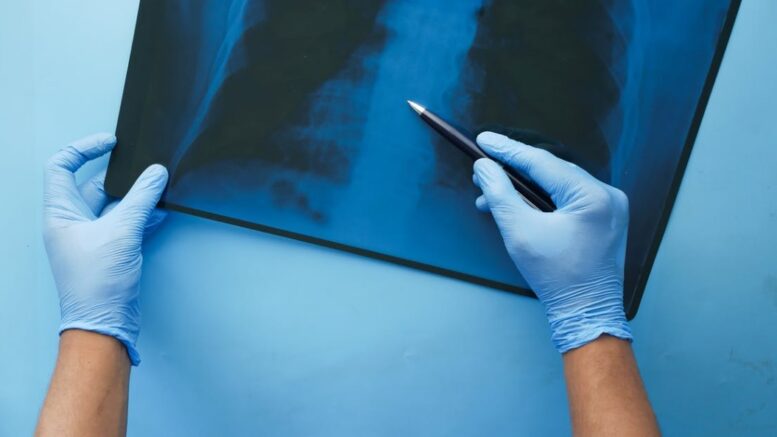The personal injury market is worth more than £3.9 billion per annum in the UK, with this sector largely dominated by legal jargon and processes.
Despite the fact that personal injury claims are inherently legal processes, however, doctors are heavily involved throughout and play a critical role in determining outcomes and proving the link between incidents and injuries.
But what precise role do doctors play, and why is it important to understand this? Let’s get into it!
What is a Personal Injury Claim?
In simple terms, a personal injury claims refers to a claim for compensation after you’ve been inured in an accident or incident that wasn’t completely your fault.
For example, if you’re involved in a car accident that’s caused by another driver’s negligence, you may be able to pursue a claim for compensation. Conversely, if you’re injured or denied the opportunity to work and earn as a result of medical negligence or an avoidable surgical error.
For a claim to be successful, the third parties (or parties) in question don’t need to be completely at fault. In the case of car accidents and similar events, they only need to be partially liable to be held accountable from a legal perspective.
It’s also important to demonstrate the precise cause of your accident and its direct impact on your physical health for your claim to be successful, but we’ll explore this in more detail in the section below.
The Role of Doctors in Personal Injury Claims
Doctors can play quite a precise role in determining the course of personal injury claims. To begin with, they’ll provide an initial diagnosis of any symptoms that you have after a car accident or similar incident, such as whiplash, concussion or broken bones.
This is crucial, particularly in terms of timing. After all, you’ll only have three years from the date of the incident as a functioning adult in which to make a claim, while the law also requires you to demonstrate that another driver or road user is at least partially at fault for your injuries.
This requires you to present your symptoms to a doctor immediately after the incident, even if you’ve had to attend hospital in the aftermath of the accident and any injuries have already been recorded.
This effectively demonstrates that your injuries occurred as a direct result of the incident in question, while creating a paper trail and detailed medical records that highlight the progression of your injuries and subsequent recovery.
You can also use such records and your interactions with doctors to demonstrate the severity of your injuries, while drawing a link between these and any subsequent loss of earnings that you incur in the process.
All of these components are crucial when liaising with personal injury claims solicitors, whose job is to collate this evidence on your behalf and use this to prove that another party is at fault and their negligence has caused injury and harm.
Without this, it may be impossible to prove your case and secure any kind of compensation payout.
